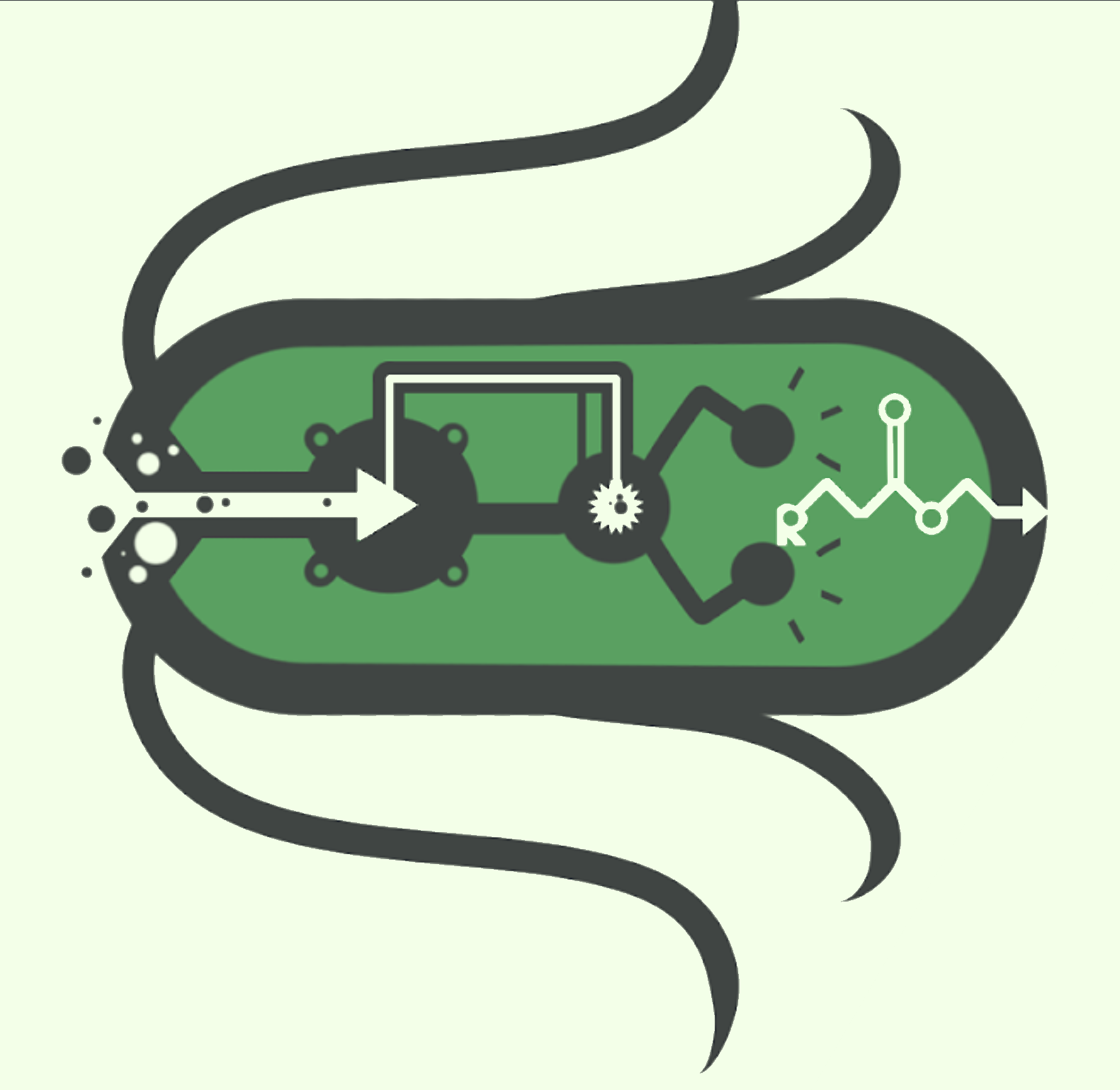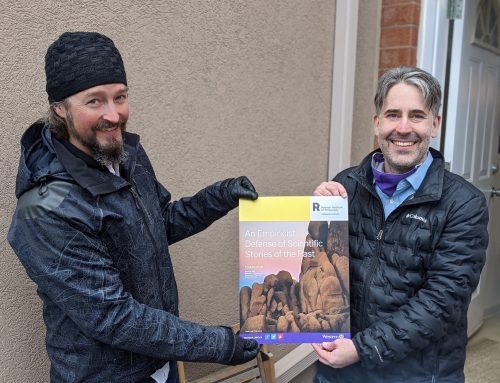Each year the Rotman Institute supports a number of research projects by funding graduate research assistantships (GRAs). In addition to providing financial assistance, Rotman GRAs offer our graduate students a unique training opportunity and valuable experience working collaboratively with a faculty mentor. Over the next few weeks we’ll be highlighting the current projects underway this summer. Featured below is a description of the research project led by Eric Desjardins. Posts on other projects are forthcoming—stay tuned!
Revisiting the Bugs-as-Drugs Perspective in the Light of the Ecological Turn in Microbiome Research
This summer, Paul Istasy and Sid Rankadua will be helping me with a project on the microbiome. Researchers from all walks have claimed that microbiome research opens new frontiers in biology. Some go as far as claiming a revolution and promise that the inclusion of the microbiome in medical and agricultural domains has “the potential to transform many scientific disciplines, to impact scholars in the social sciences, and to benefit the lives of citizens around the globe” (Blaser et al., 2016). Much of the recent microbiomic research thus encompasses instrumentalist goals to manipulate and introduce new microbiota to resolve various medical, social, and environmental problems.
This project looks at two contrasting types of approach in pursuing microbiome research and interventions. On the one hand, researchers interested in ‘harnessing’ the power of microbiota tend to favour a bugs-as-drugs perspective where microbes are conceived as mere metabolite producing machines equipped with a kill switch. Fecal matter transplants and various types of soil inoculation for crop production often endorse this perspective. On the other hand, many researchers insist on the importance of an ecological approach that extends beyond understanding microbiota as a mere collection of microbes with discrete and predictable functions. This ecological perspective is in line with systems biology, which emerged in response to various forms of biological reductionism over the last decades. The concept of holobiont, for example, implies that individual organisms are in fact ecosystems formed by intimately linked microbes and their host, is a good example of applying systems biology to microbiome research. But taking an ecological turn goes beyond recognizing that organisms form entangled heterogeneous ecological mosaics. It also urges us to reflect on the various challenges, both in terms of effectiveness and safety, that must be surmounted as one pursues the interventionist goals introduced above.
The bugs-as-drugs perspective presumes that we can simply introduce microorganisms that possess the right set of genes and related effect traits in order to create healthy/functional ecosystems. And with the advent of synthetic biology, we can now create these bugs if nature resists delivering them! But can we reliably predict system-level properties of ecological mosaics? As one might expect, the answer is more along the line of “it depends” than “yes/no”. It depends on who’s there and who gets there first. Microbes tend to be promiscuous with their genes and researchers are now looking at metagenomes. Moreover, as community ecologists have shown, history matters in the formation of ecosystems. For a given pool of species and abiotic conditions, different assembly histories can yield different communities. The problem is that assembly histories tend to be contingent. So unless we can control metagenome regulation along with the order of events, predicting the impact of novel microbial consortia will prove difficult. This does not invalidate the idea that microbiota interventions can remediate various health and environmental problems, but it shows that the bugs-as-drugs perspective must be updated if we are to make more informed decisions about the effectiveness and safety of microbiome interventions. This project is about digging deeper into the normative implications of biological entanglement and historical contingency for microbiome research and risk assessment.






